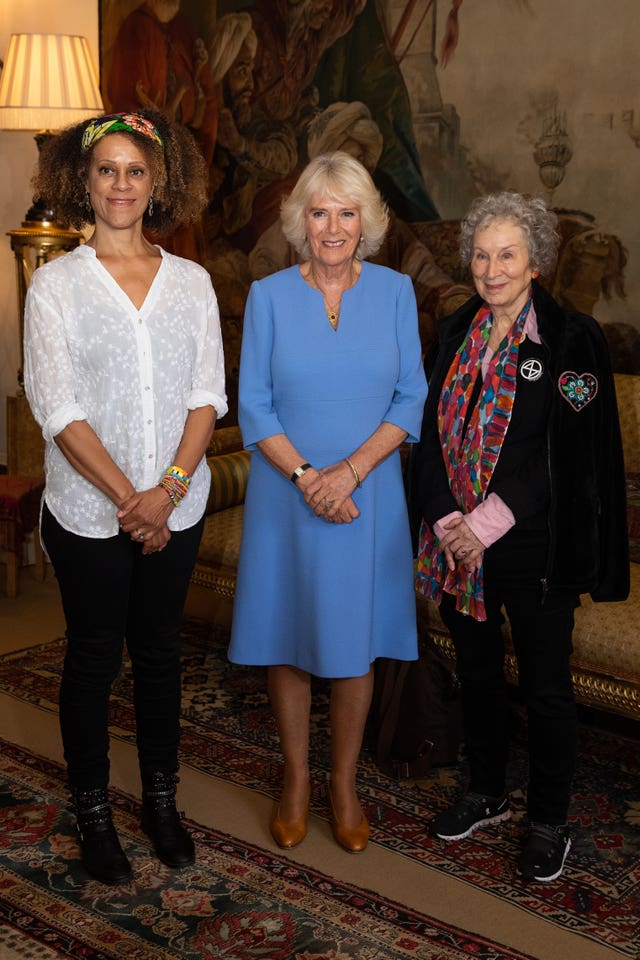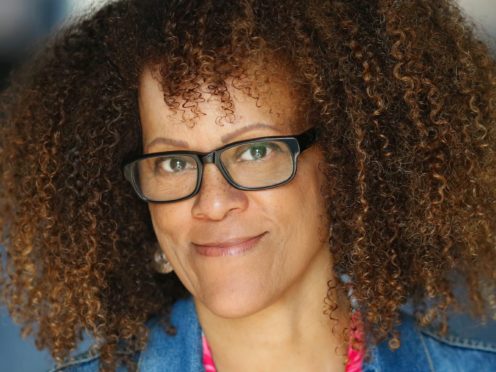Booker Prize-winning author Bernardine Evaristo has spoken of a 10-year period in which she lived as a lesbian.
The acclaimed writer, who met husband David in 2006, said she was “very angry” as a woman in the 1980s but found the feminist movement “quite exclusionary”.
Evaristo, who is black, said she spent a decade living as a lesbian and was part of a “black womanist” community.
Speaking to host Lauren Laverne on Desert Island Discs, she said: “I had a period of about 10 years where I lived as a lesbian, and that was my identity.

“And I used to go on lesbian marches and I used to go clubbing and I had lots of relationships.
“I was very much part of this counter-cultural, black feminist, say, or black womanist community, where we were just nurturing each other, as well as fighting each other and falling out, of course.”
Evaristo was awarded the 2019 Booker Prize for her novel Girl, Woman, Other, becoming the first black woman to win the accolade.
In a controversial decision, the judges also awarded the prize to Margaret Atwood for The Testaments.
Evaristo insisted winning alongside another writer did not make the accolade any less rewarding, saying: “I will take the Booker Prize any way it comes.”
She added: “I’m just happy to have it. And also she (Atwood) is such a phenomenal woman. I get what other people see, people from outside, who think, ‘oh, you’re the first black woman, you should’ve got it on your own’.
“And if I wasn’t the person who got it, I might think that. But in terms of my feelings, I don’t think I’d feel any different because it kind of feels like I have won it on my own. Because we’ve both won it separately. We’re not sharing a trophy. We have both won it.”
Evaristo grew up in Woolwich, London, in a British-Nigerian family, one of eight children. Her father was black while her mother was white.
The writer discussed the racism she encountered as a child and recalled the moment she crossed the street as an 11-year-old to avoid being seen with her father.
Evaristo said: “I crossed the road, because I didn’t want to say hello to him because I didn’t want to be associated with him.
“That feels terrible now but that’s what it was like growing up in the 60s and 70s in a very white area. There was nothing around us to tell us being a person of colour was a good thing.”
She said her father rarely spoke to her and was a “mystery,” but defended his parenting, saying: “He had children in a society where it was kind of OK to be racist and he had to protect us.”
Evaristo’s Desert Island Discs will air on BBC Sounds and BBC Radio 4 on Sunday at 11am.
